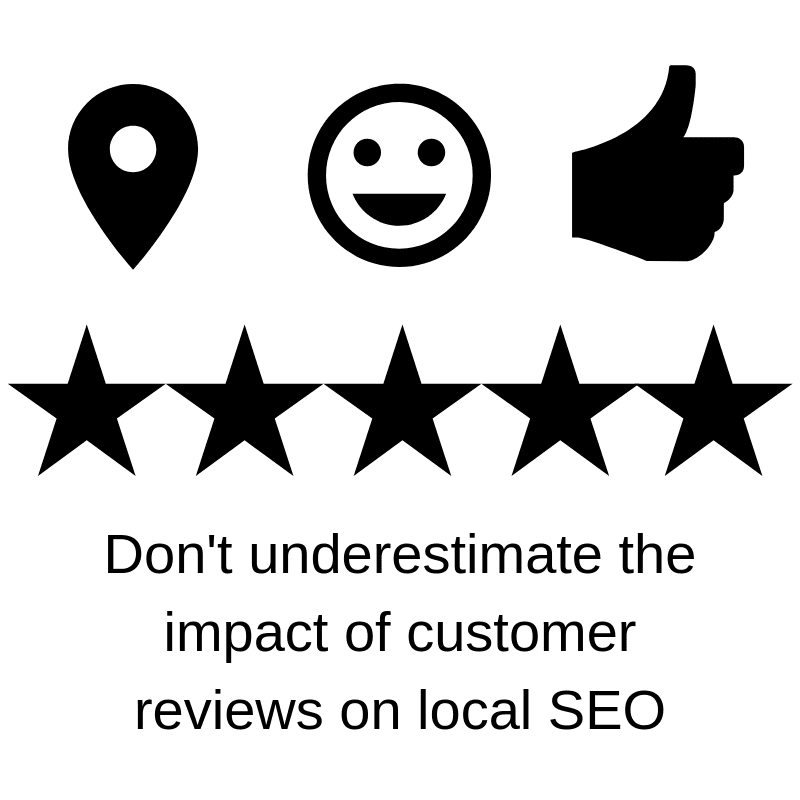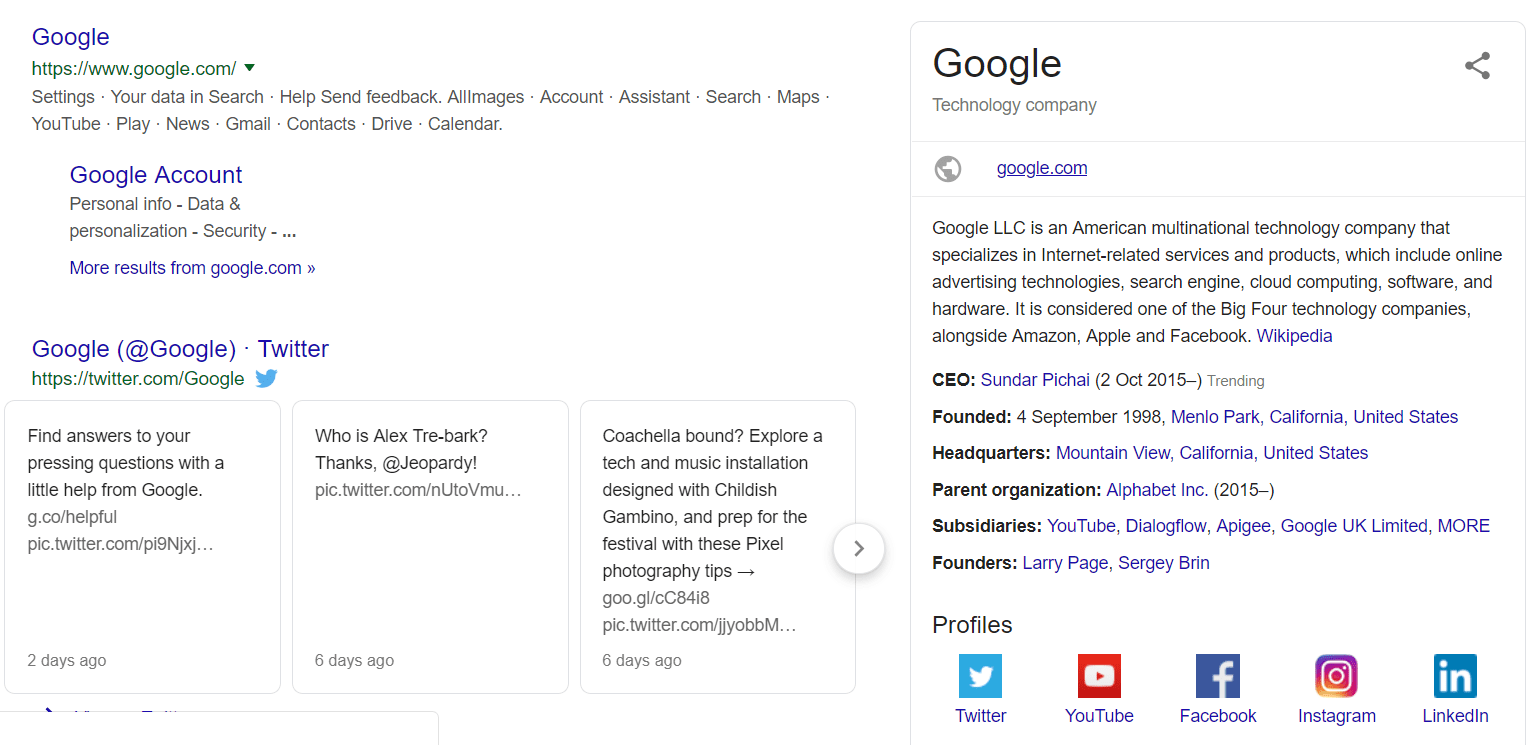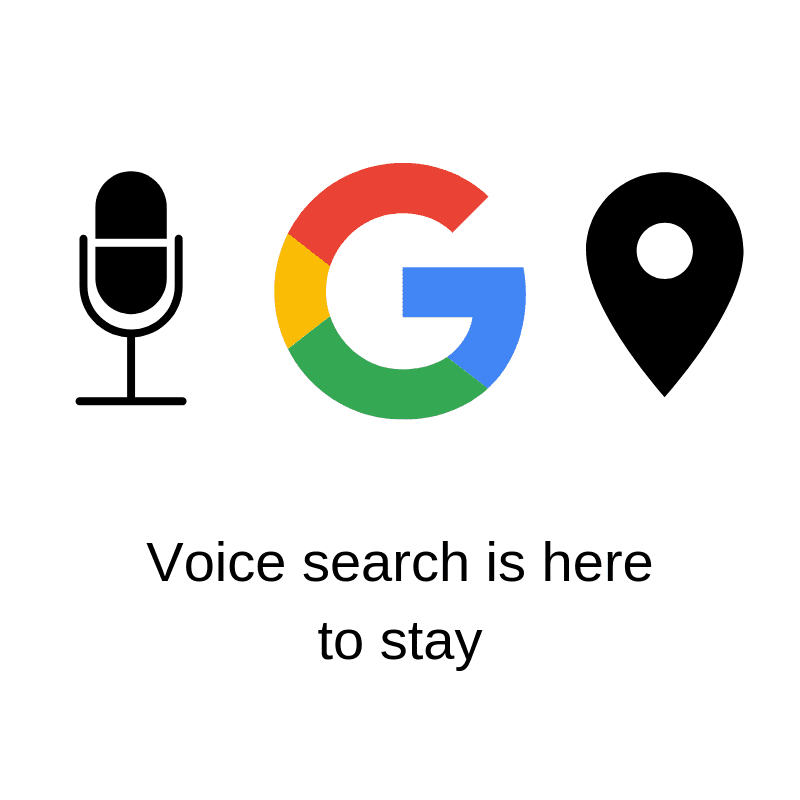Local SEO is the process of optimizing your online presence to bring in the most relevant, local customers
Local SEO is absolutely core to the success of many businesses. While lots now operate online, most businesses need their local customers in order to truly succeed. Local SEO is the process of optimizing your online presence to bring in the most relevant, local customers. It relies on measurable, tangible metrics that result in leads and sales, not vanity metrics and other insights that won’t bring in sales or real value.
While it is not just about Google, it’s important to remember the search engine giant’s stance on local SEO: "nearly two-thirds of smartphone users are likely to purchase from companies that customize online information to a user’s location," which is something we simply cannot ignore.
Local SEO works through emphasizing core topics and keywords through your regular SEO activities but also focusing in on the core areas we’re looking at in more depth below.
Three 'must-dos' for local SEO

1. Customer reviews – don’t be shy
If you’ve ever looked online at company reviews, you’ll see more and more are eliciting responses from business owners. This has become an expectation and you should aim to proactively respond to every customer review you receive in a professional way.
Buying behaviour includes checking reviews and other customers’ experiences before considering a product or service. Businesses with a proactive and positive response to reviews, even when they’re less than positive, give out a better message than those who remain silent.
What’s more, asking customers for reviews is not something any business owner should be shy about it. Google actively recommends it with their own reviewing option and essentially, if you don’t ask, many customers simply don't think to offer a review or feedback.
From a practical perspective, there are a number of ways business owners can encourage customers to leave a review. Timing is absolutely key and it is important to gauge the right time between appearing annoying by asking immediately and leaving it too long so their memory of the buying experience may not be as clear as you’d like.
Incentivizing reviews is a tricky business, with many companies falling foul of the law and even purchasing high-quality reviews to boost their business. It is important to be honest and genuine in all your online communications, ensuring your online presence is a fair reflection of your business.
Reviews can play a role in improving your search engine ranking positions. Google reviews appear in its Google Knowledge Graph. This graph sits just to the right-hand side of search results and shows how popular businesses are with their customers. If you have a high volume of reviews or high ratings then your business will appear more credible.

2. Don’t underestimate the power of voice search
Voice search has become significantly more important in search than ever before. Tools like Amazon Alexa, Siri and other similarly branded devices have become the norm in many homes. It is expected that monthly smart speaker users will reach 12.9 million in 2019 and they have become a standard device for carrying out many day-to-day tasks. From dimming lights to ordering groceries, many people utilize voice search more frequently than any other search tool.
The knock-on effect is the way we search now looks and sounds different. Long-tail keywords are becoming much more common as we phrase our searches like questions, rather than simply putting in the core keywords.
Voice search for local SEO requires optimizing search for how people ask questions. This isn’t as easy as it may sound, as you need to think about both the longtail nature of keywords but the conversational nature of most questions, even when they are being directed at a device. Voice search is not something simply used by early adopters, it is firmly in the mainstream so business owners need to do all they can to harness it.

A large survey of voice search by Uberall found that only 4% of businesses are ready to benefit from voice search. So, if you are working to capture its value, you’re ahead of many of your competitors. Here are some key points to remember when optimizing for voice search:
- Keyword Research for Voice Search: There are specific tools to help with finding the right keywords for voice search. Tools that generate questions related to your chosen keywords are particularly useful as it’s these kinds of questions that searchers will use.
- Improve your site speed: Voice search is almost an exclusively mobile service. Mobile-optimized websites are standard now but looking into any tweaks to speed up your site will make a real difference. Google found that bounce rates on mobile are 9.56% higher than on other devices. Mobile users are likely to be on the go, especially when using voice search, so they won’t have time to waste.
- Keep it simple: Research keeps finding that Google voice search results are simple and some even suggest they are written at around ninth grade level (14 to 15-years-old).
3. Claim and create your Google My Business account
Google My Business (GMB) is the absolute heart of local SEO for most businesses. Free and easy-to-use, the tool allows you to easily manage your presence across Google and literally put your business on the map. It is essential if you want to appear on Google Maps, in their local pack listing for local search queries and be found by the majority of mobile users. Essentials to remember when creating your profile include:
- Verify your listing as soon as possible.
- Complete your listing to 100% with accurate information.
- Specifics should be filled in. This include things such as opening hours, address, directions and relevant images.
Many businesses have yet to create their GMB profiles but they are missing out. There are many company benefits, especially from a local perspective, to having a completed GMB profile.
The most valuable impact is simply the ability to share fully accurate information about your business. All your information is 100% accessible on any Google platform and beyond this, as well as being accurate across any third-party apps or websites that utilize Google’s data for their services.
Google My Business can be extremely valuable for service-based businesses that rely on bookings. It can make it easy to book people in online without difficulty, speeding up the process for your customers and yourself.
The problem for larger brands is that the more locations they have, the more complex it becomes to manage them. This is where GMB comes into play but, although it can be a big help, it can be complex and confusing, particularly in terms of bulk listing management for larger businesses such as multi-location retailers or franchises and so on.
Getting it wrong can be an expensive mistake to make in terms of lost sales and declining revenues, particularly for larger businesses. If you want to get it right, then consider recruiting a specialist or outsourcing – it’s a simple choice. Just be wary of leaving this in the hands of someone in your marketing team or digital marketing team with no experience of GMB or bulk management.
Google My Business has been developed for businesses of all sizes and you can tailor it to suit your needs, ensuring there is no need to worry, even if you are a larger organization with multiple locations. It is understandable why you may be wary, as it can take some time to set up, but with this in mind there are specialists you can outsource to as well, ready to fully organize and set up your profile so it delivers the best results. Just choose what makes the most sense for your business needs, resources and budget.
Give your target audience what they want with local SEO
The local high street and smaller businesses are continually being highlighted as problem areas. The plight of local business can be in some way tackled if business owners utilize the benefits offered by local SEO - so long as it is done properly.
Online and digital marketing may seem like tools for businesses looking for huge reach, beyond local levels, but as most people searching are looking for tangible services in their area, this could not be further from the truth. The above techniques go a long way to positioning you perfectly for success with your local SEO that helps to grow your business.
Dan Purvis is Head of Marketing Communications at
Planet, an international digital payments provider, and is also a Media Champion for the Alzheimer's Society, helping spread awareness and understanding of this cruel disease. With nearly 20 years’ experience, Dan is a senior marketing and communications professional who has held positions both in-house and agency side.









